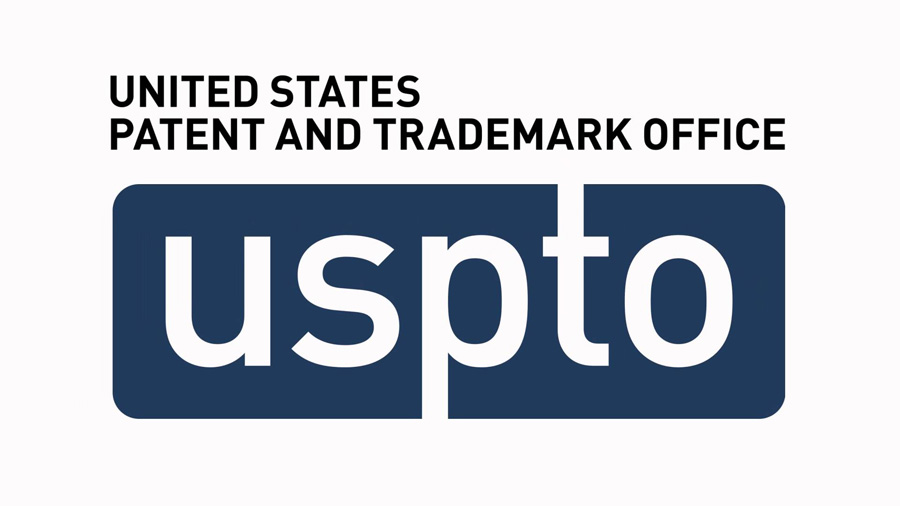-
AIPLA CLE Webinar: Post-Grant Strategies for Correcting and Challenging Patent Claims
March 4, 2020 12:30 PM to 2:00 PM | 1.5 CLE Credits
This webinar will provide a summary of post-grant procedures and describe when, why, and how each procedure is useful (or not) to patent owners and third-party challengers.
-
AIPLA CLE Webinar: Post-Grant Strategies for Correcting and Challenging Patent Claims
March 4, 2020 12:30 PM to 2:00 PM | 1.5 CLE Credits
This webinar will provide a summary of post-grant procedures and describe when, why, and how each procedure is useful (or not) to patent owners and third-party challengers.
-
AIPLA CLE Webinar: Post-Grant Strategies for Correcting and Challenging Patent Claims
March 4, 2020 12:30 PM to 2:00 PM | 1.5 CLE Credits
This webinar will provide a summary of post-grant procedures and describe when, why, and how each procedure is useful (or not) to patent owners and third-party challengers.
News
-
 AIPLA Comments on the Draft Amendment of the Anti-Unfair Competition Law of the People's Republic of China
AIPLA Comments on the Draft Amendment of the Anti-Unfair Competition Law of the People's Republic of China
December 22, 2022
Arlington, VA. December 22, 2022 - The American Intellectual Property Law Association (AIPLA) submitted comments to China’s State Administration of Market Regulation on the Draft Amendment of the Anti-Unfair Competition Law of the People's Republic of China. -
 AIPLA Comments on the Draft Revised Chinese Patent Examination Guidelines
AIPLA Comments on the Draft Revised Chinese Patent Examination Guidelines
December 19, 2022
Arlington, VA. December 19, 2022 - The American Intellectual Property Law Association (AIPLA) submitted comments to the China National Intellectual Property Administration (CNIPA) on the Draft Revised Chinese Patent Examination Guidelines. -
 AIPLA Comments on USPTO’s Diversion Program
AIPLA Comments on USPTO’s Diversion Program
November 10, 2022
Arlington, VA. November 7, 2022 - The American Intellectual Property Law Association (AIPLA) submitted comments to the United States Patent and Trademark Office on the Office of Enrollment and Discipline’s (OED) Diversion Pilot Program. -
 AIPLA Announces New Board Members and Award Recipients at 2022 Annual Meeting
AIPLA Announces New Board Members and Award Recipients at 2022 Annual Meeting
November 1, 2022
ARLINGTON, Virginia, November 1, 2022 - The American Intellectual Property Law Association (AIPLA) hosted the 2022 Annual Meeting from October 27-29, 2022 at the Gaylord National Resort & Convention Center in National Harbor, Maryland, where new board members were sworn in for the 2022-2023 year and eight awards were presented to deserving recipients. -
febe67d90baa48c2b9fdad4c821012c5.png?sfvrsn=58142fde_0) AIPLA Comments to USPTO on Subject Matter Guidance
AIPLA Comments to USPTO on Subject Matter Guidance
October 21, 2022
Arlington, VA. October 21, 2022 - The American Intellectual Property Law Association (AIPLA) submitted comments to the United States Patent and Trademark Office on the Office’s guidance on patent subject matter eligibility under Section 101 of the Patent Act.
